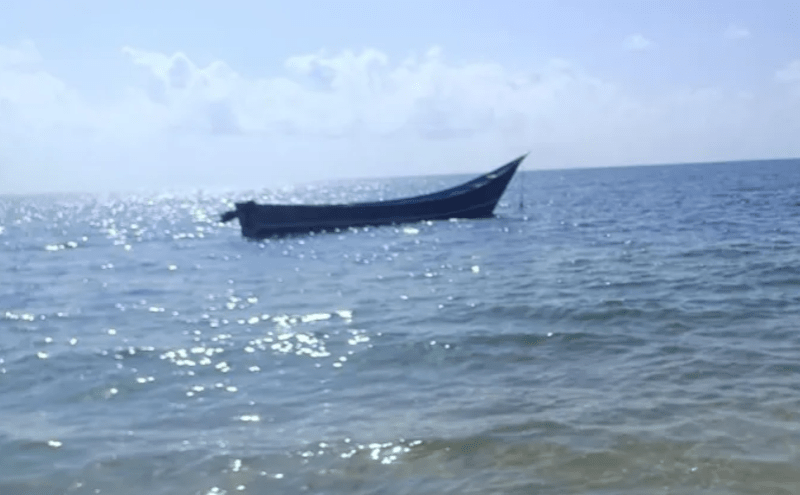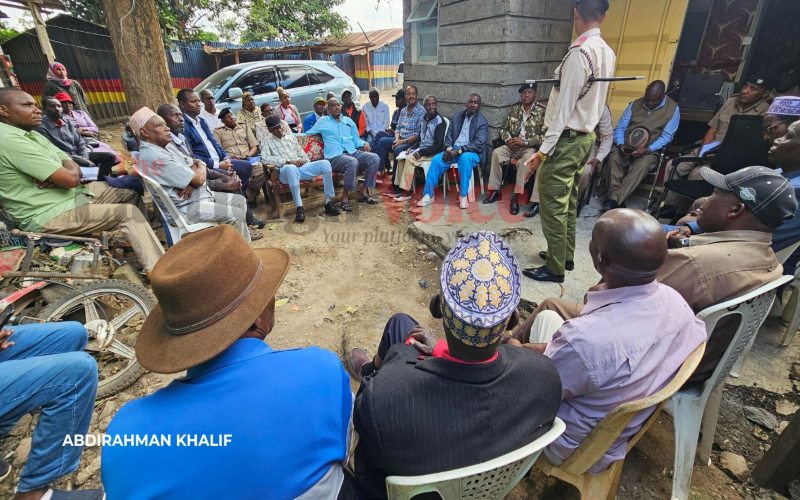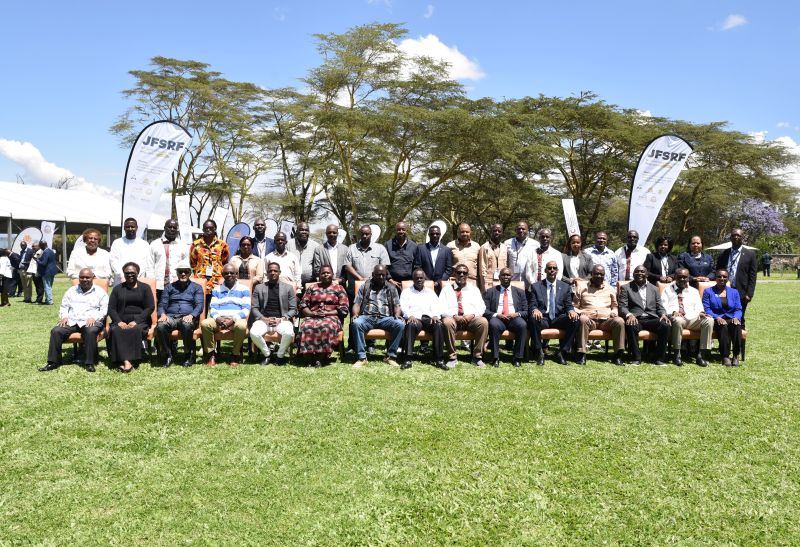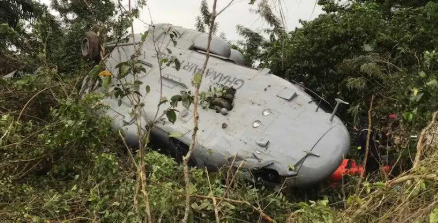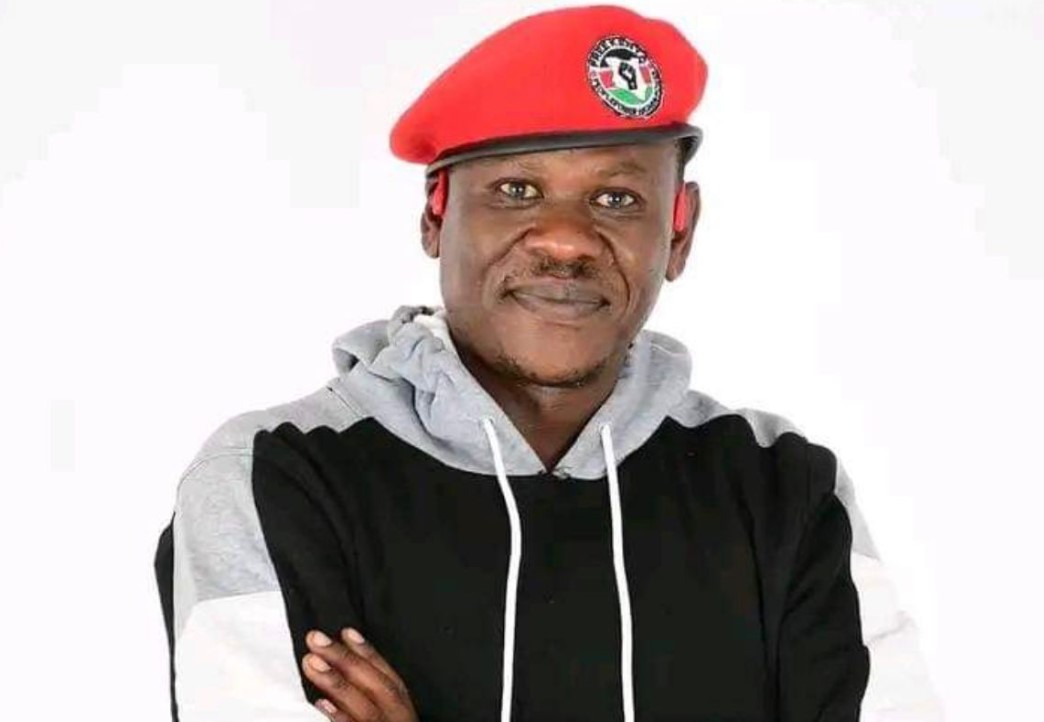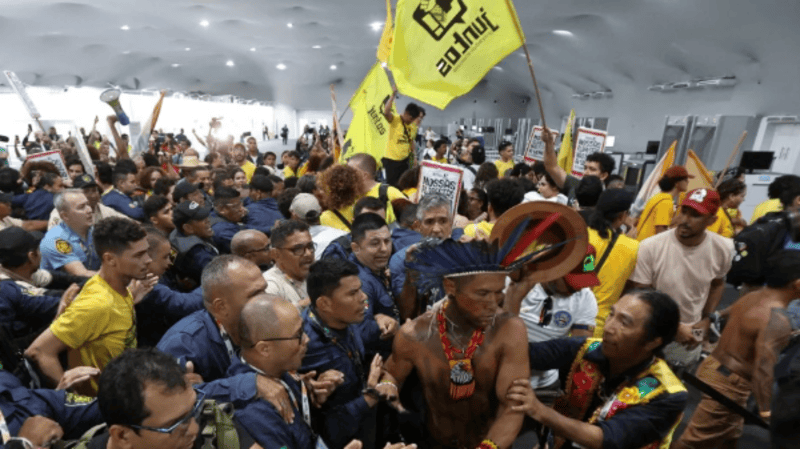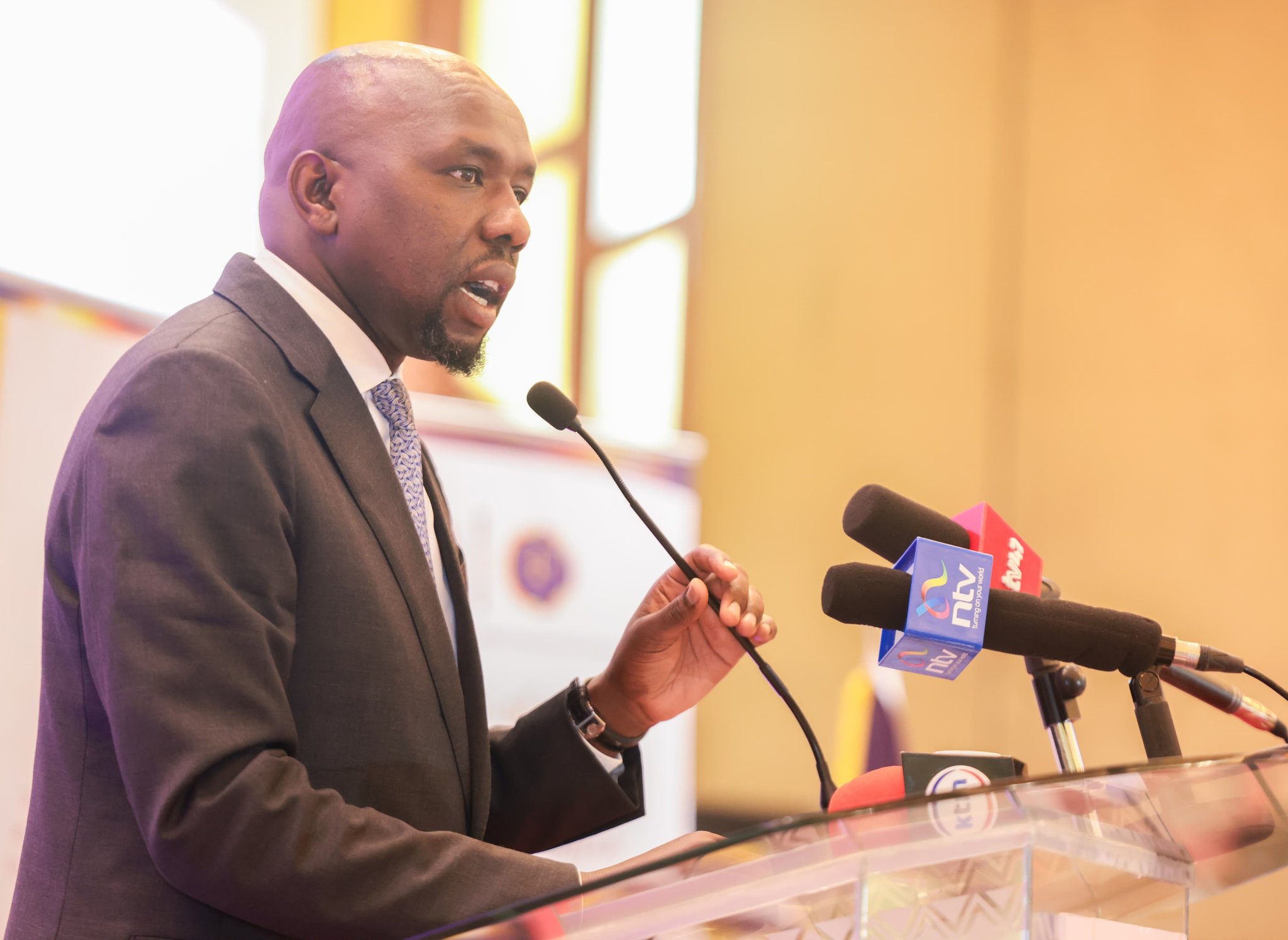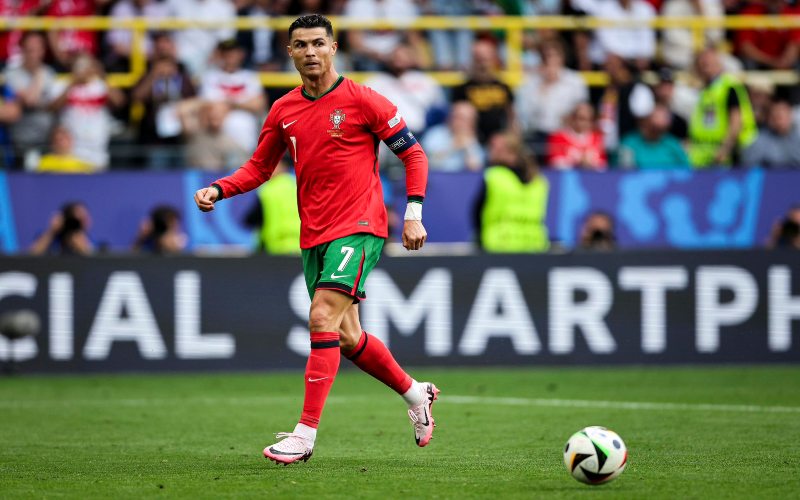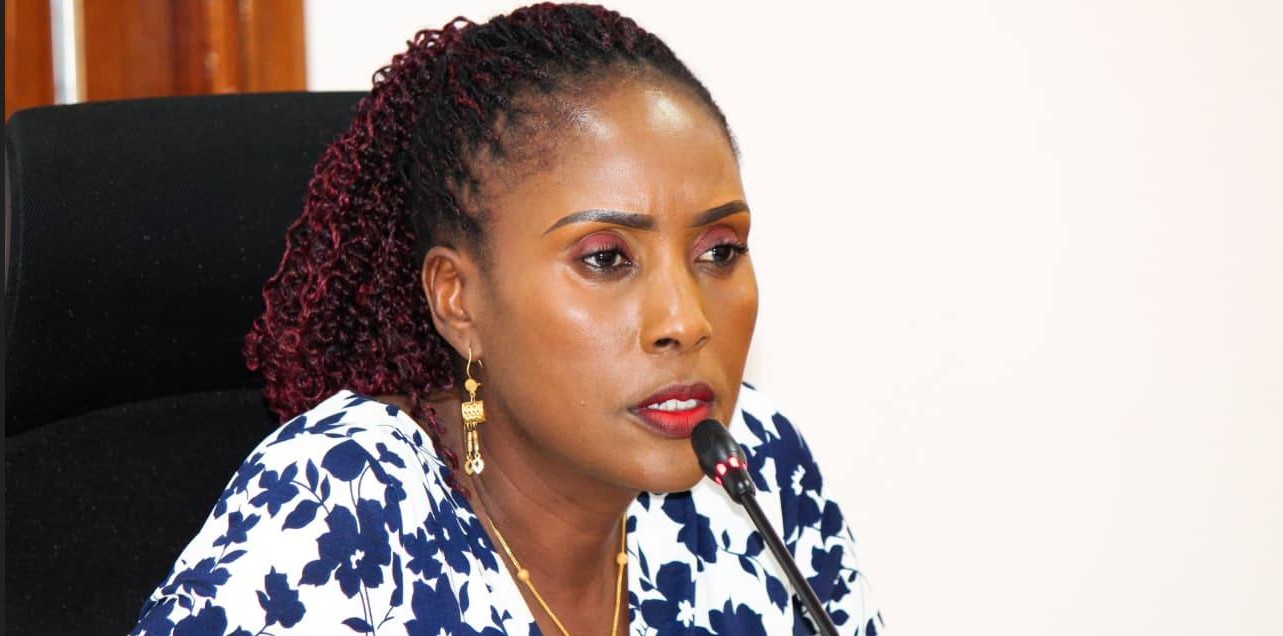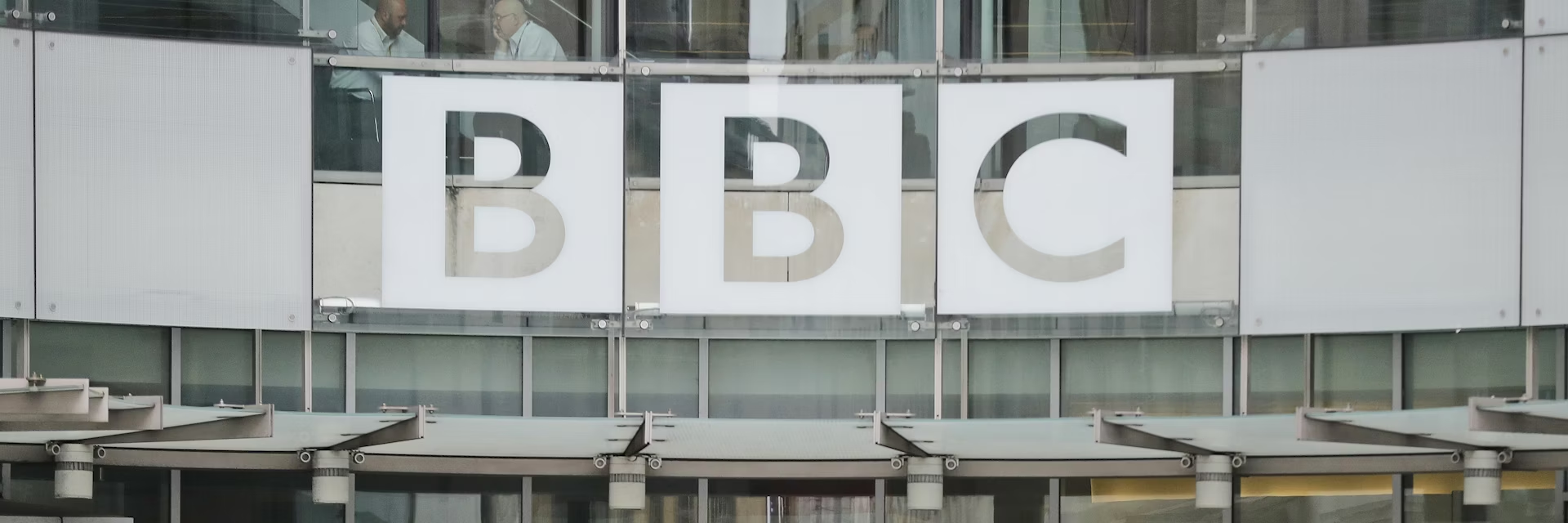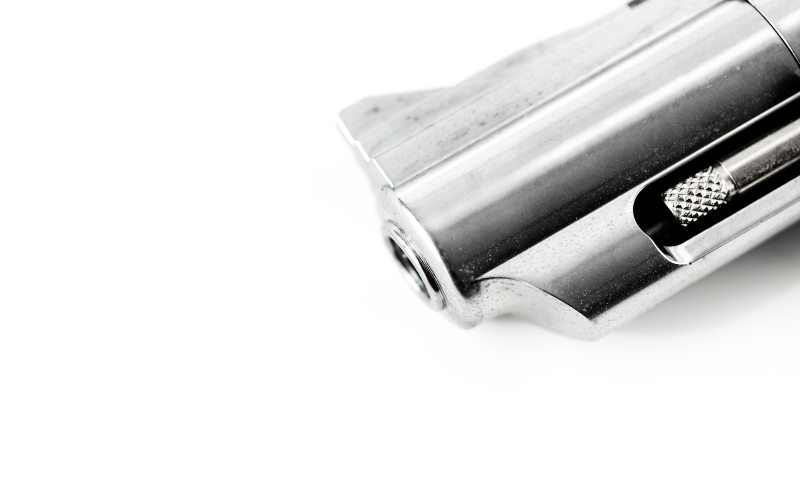ICJ hears Sudan’s case accusing UAE of genocide in Darfur conflict

Khartoum seeks a ruling that would compel the UAE to cease its alleged military support for the RSF and provide reparations for victims, including compensation.
The International Court of Justice (ICJ) is deliberating on whether the United Arab Emirates (UAE) can be held “complicit in the commission of genocide” over its alleged role in arming Sudan’s Rapid Support Forces (RSF), accused of atrocities during the country's ongoing civil war.
The case, filed by Sudan, marks a significant moment in international justice, with Khartoum seeking a ruling that would compel the UAE to cease its alleged military support for the RSF and provide reparations for victims, including compensation.
More To Read
- UN welcomes aid supply talks with Sudan army
- Africa’s drone wars are growing – but they rarely deliver victory
- Sudan war: 89,000 civilians have fled El Fasher
- Africa’s rapid drone expansion promises high-tech warfare but struggles to achieve strategic results
- Ignored warnings, deadly consequences: How UK failed Sudan's El Fasher civilians
- Sudan medics demand international investigation over El Fasher mass graves
Sudan’s acting Justice Minister Muawia Osman told the ICJ last week that “the ongoing genocide would not be possible without the complicity of the UAE,” directly implicating the Gulf nation in the shipment of arms to RSF fighters. The Sudanese legal team argued that these arms have enabled widespread human rights abuses, particularly against the Masalit ethnic group in Darfur.
Representing Sudan, international law professor Eirik Bjorge laid out what he described as “serious evidence” that the UAE had failed in its duty to prevent genocide and was actively supporting those perpetrating it.
He cited findings from a UN panel of experts and intelligence gathered by Sudanese authorities pointing to cargo planes from the UAE delivering weapons to RSF via an airport in eastern Chad. A UAE-built field hospital nearby was also described as a “primary supply and support hub” for RSF operations.
The UAE, however, has firmly denied all accusations. Reem Ketait, a senior official from the Ministry of Foreign Affairs, told the court that Sudan’s claims were “at best misleading and at worst pure fabrications.” She argued the case amounted to a political attack and a misuse of international legal institutions.
“The idea that the UAE is somehow the driver of this reprehensible conflict in Sudan could not be further from the truth,” Ketait said, dismissing Sudan’s application as the latest in a series of unfounded allegations.
Legal barrier
One potential legal barrier to the case moving forward lies in the UAE’s 2005 reservation to the Genocide Convention, which states that disputes involving its compliance with the convention should not fall under the jurisdiction of the ICJ. The UAE contends that this reservation prevents the court from even considering Sudan’s allegations.
Nonetheless, the ICJ has fast-tracked the case, citing the urgency of preventing ongoing harm. The proceedings focus on atrocities committed by the RSF in Darfur, particularly targeting the Masalit population. International observers, including the United States, have already labelled some of the RSF’s actions as genocide. In January, the Biden administration imposed sanctions on seven RSF-linked companies allegedly based in the UAE—a move cited by Sudan to support its case.
The UAE maintains that the seven companies do not currently operate within its borders and do not hold active licenses. Its ambassador to the Netherlands, Ameirah AlHefeiti, reiterated that the UAE “has not provided arms to either of the warring parties” and emphasised the country’s diplomatic efforts to broker peace. She accused Sudan’s leadership of resisting UAE-backed mediation initiatives.
Alison Macdonald KC, legal counsel for the UAE, questioned the credibility and reliability of Sudan’s evidence. She said the claims were based on recycled reports or unverified assertions and that the upcoming report by the UN panel of experts would provide “absolutely no support for the applicant’s claims”—a statement hinging on whether the UN can confirm the contents of shipments from the UAE to Chad.
Among the evidence Sudan presented was research by the Yale Humanitarian Research Lab, which identified four pieces of heavy artillery—Chinese-made 155mm howitzers—allegedly used in a 12-day bombardment of the Zamzam camp in December 2024. The Yale team noted that the UAE was the only country known to have purchased this specific model, although it remains unclear how the RSF acquired them.
The broader context of the case paints a grim picture of Sudan’s civil war, which erupted in April 2023 following a power struggle between the military and the RSF.
The conflict has displaced millions, with both sides accused of war crimes. Western nations, including the UK, have struggled to influence the trajectory of the war, while regional powers like Egypt and the UAE are considered to hold more sway.
A recent attempt by the UK to form a contact group aimed at facilitating a ceasefire collapsed when Arab states refused to endorse a joint communique at a London conference, reflecting the geopolitical complexity of the conflict.
Top Stories Today

